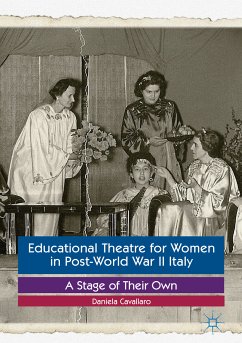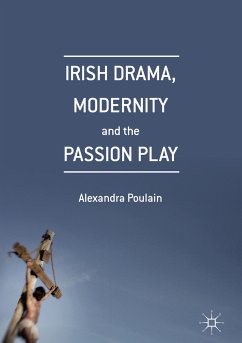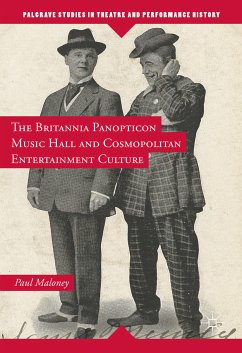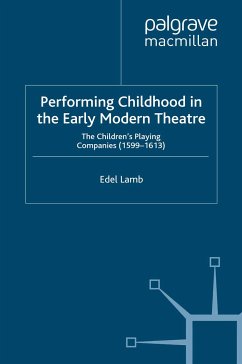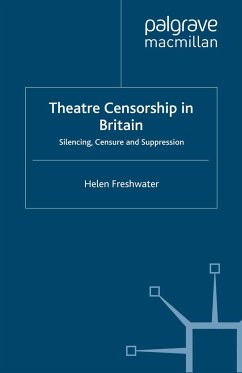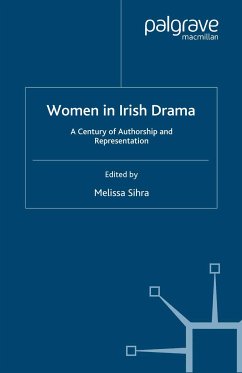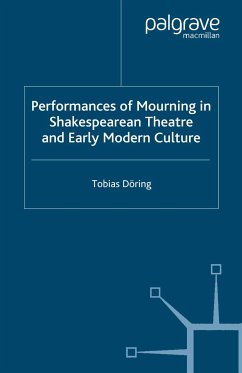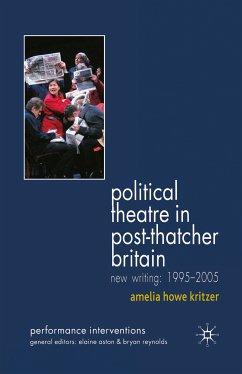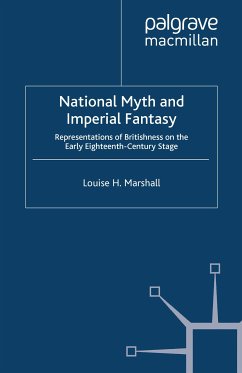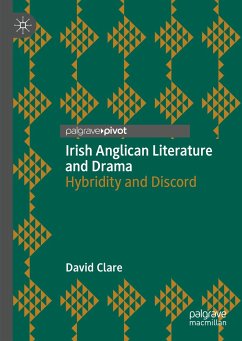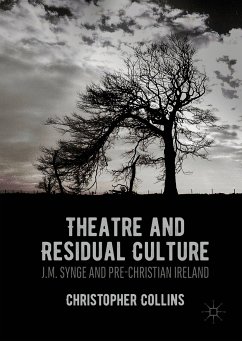
Theatre and Residual Culture (eBook, PDF)
J.M. Synge and Pre-Christian Ireland
Versandkostenfrei!
Sofort per Download lieferbar
40,95 €
inkl. MwSt.
Weitere Ausgaben:

PAYBACK Punkte
20 °P sammeln!
This book considers the cultural residue from pre-Christian Ireland in Synge's plays and performances. By dramatising a residual culture in front of a predominantly modern and political Irish Catholic middle class audience, the book argues that Synge attempted to offer an alternative understanding of what it meant to be "modern" at the beginning of the twentieth century. The book draws extensively on Synge's archive to demonstrate how pre-Christian residual culture informed not just how he wrote and staged pre-Christian beliefs, but also how he thought about an older, almost forgotten culture ...
This book considers the cultural residue from pre-Christian Ireland in Synge's plays and performances. By dramatising a residual culture in front of a predominantly modern and political Irish Catholic middle class audience, the book argues that Synge attempted to offer an alternative understanding of what it meant to be "modern" at the beginning of the twentieth century. The book draws extensively on Synge's archive to demonstrate how pre-Christian residual culture informed not just how he wrote and staged pre-Christian beliefs, but also how he thought about an older, almost forgotten culture that Catholic Ireland desperately wanted to forget. Each of Synge's plays is considered in an individual chapter, and they identify how Synge's dramaturgy was informed by pre-Christian beliefs of animism, pantheism, folklore, superstition and magical ritual.
Dieser Download kann aus rechtlichen Gründen nur mit Rechnungsadresse in A, B, BG, CY, CZ, D, DK, EW, E, FIN, F, GR, HR, H, IRL, I, LT, L, LR, M, NL, PL, P, R, S, SLO, SK ausgeliefert werden.



